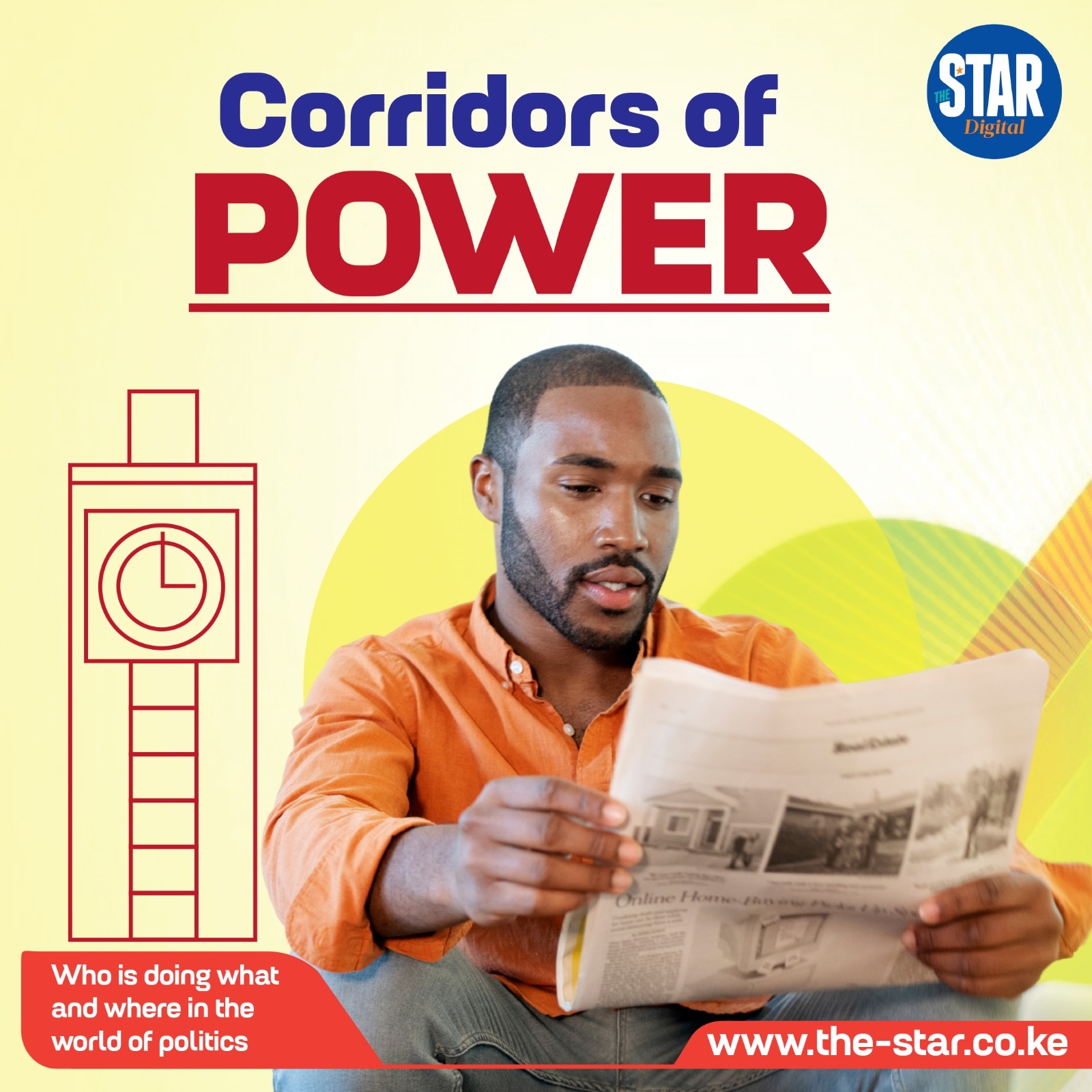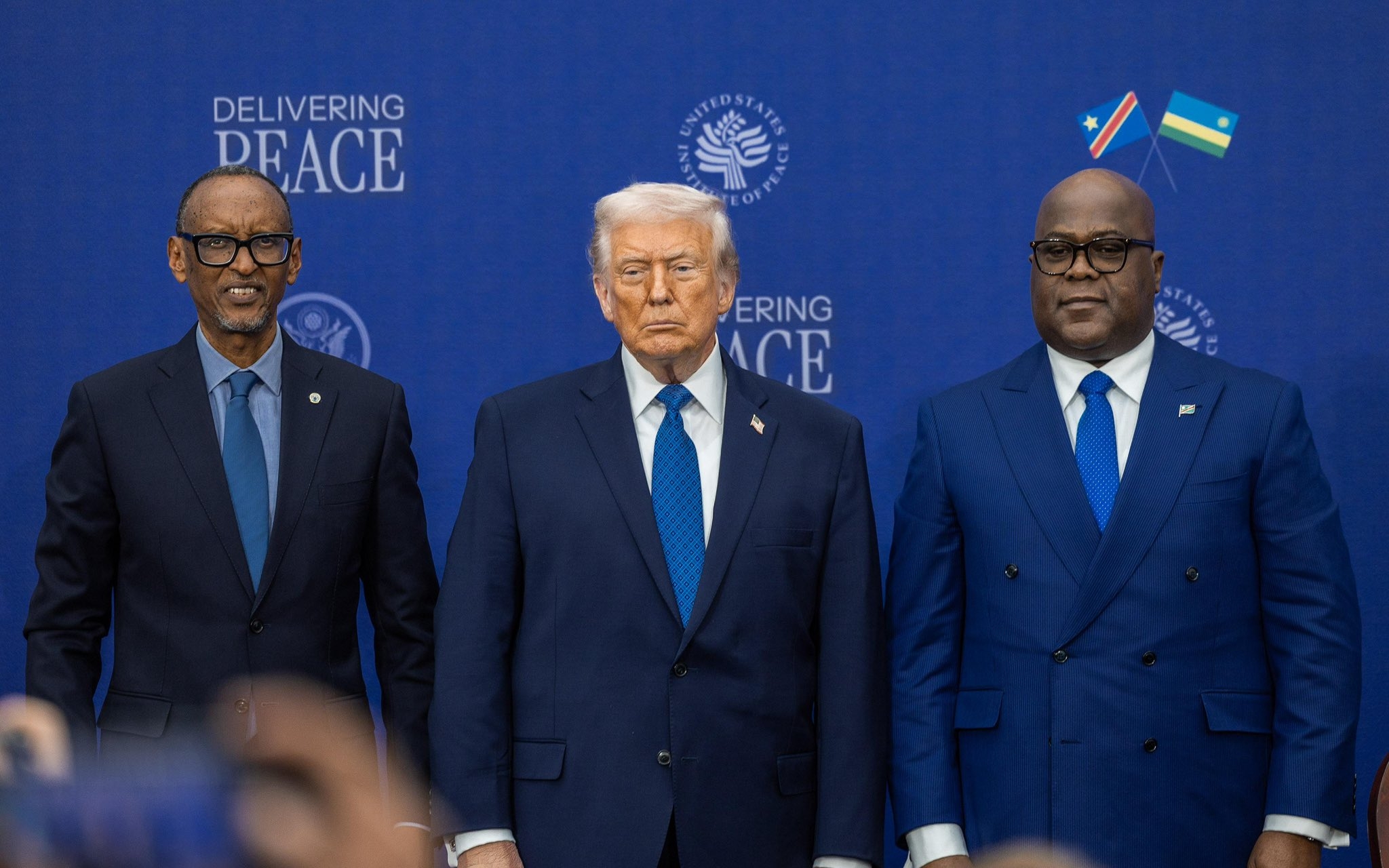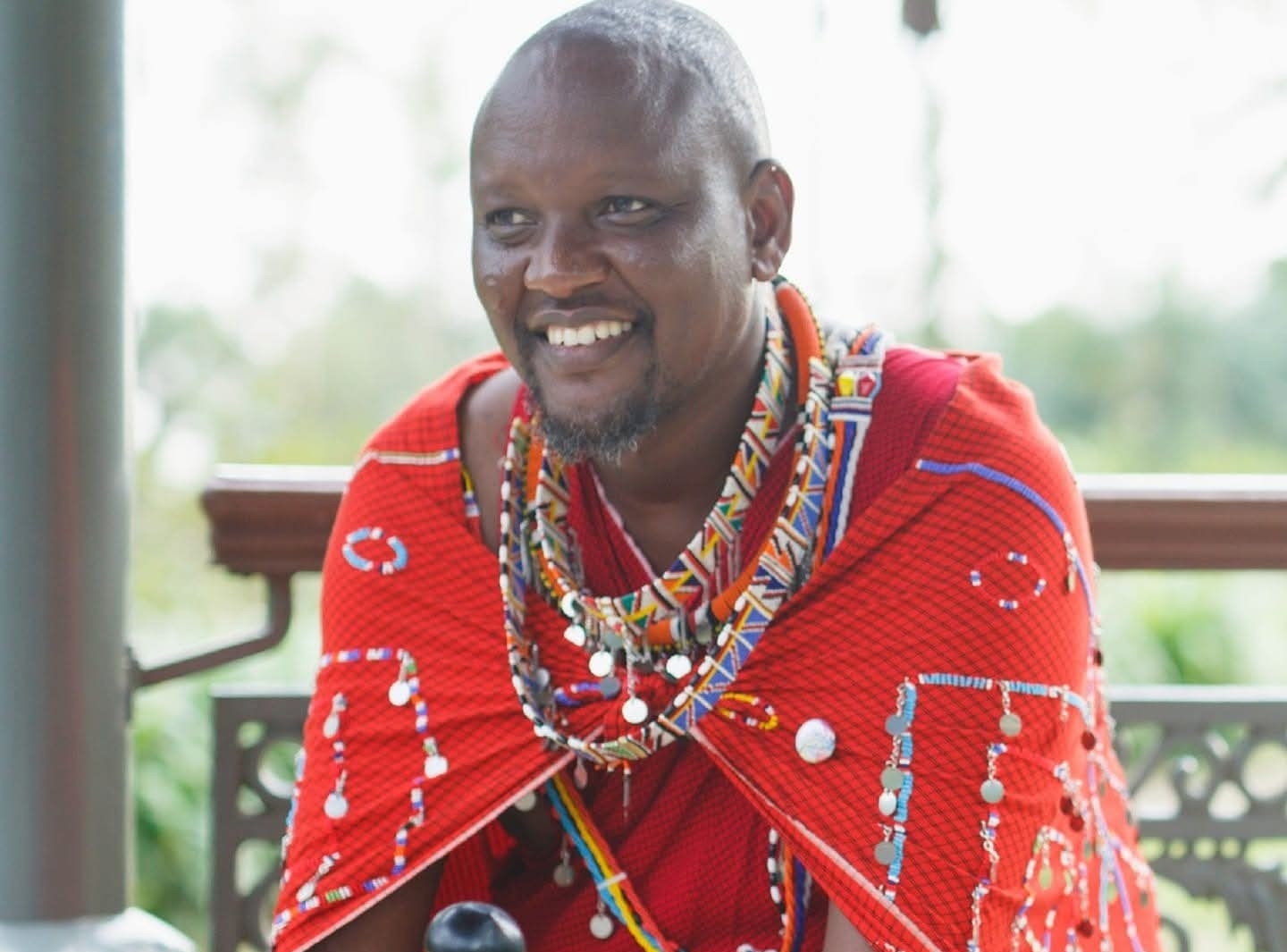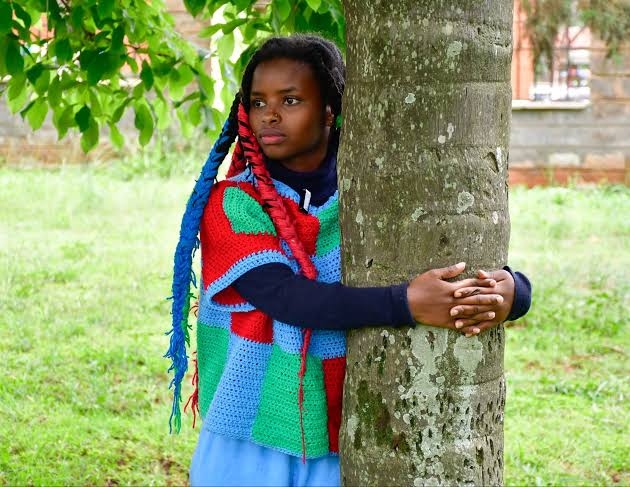Deep in remote villages of drought-prone Kinango subcounty in Kwale county, sanitary towels are considered a ‘luxury’.
Reports of girls using rags and old pieces of clothes during menstruation might sound like made-up stories, but it is actually a reality in the region.
EK, a Form 2 student at Nzovuni Secondary School in Kinango, said they are sometimes forced to use pieces of clothes during their menstrual periods.
“I usually ask my friends for help whenever I do not have a pad, but sometimes, I use old pieces of clothes,” she said.
Her schoolmate, HN who is also in Form 2, said their female school teachers sometimes help them whenever they need sanitary towels.
“However, they can only assist up to a certain level, and it also depends on how a student relates with the teachers. Most students are afraid to approach their teachers,” she said.
AM, an 18-year-old Form 3 student, said some girls end up asking their boyfriends to buy them sanitary towels.
“I know of girls who approach boys to buy them pads,” she said.
Nzovuni Secondary School principal Ndaro Hamadi said most of the students come from needy families.
“Quite a number of parents are needy and the girls sometimes have a challenge of making it to school for a number of reasons; issue of school fees and issue of sanitary towels,” Hamadi said.
Nzovuni, which has a population of about 200 girls, serves an expansive area, as the students come as far as Samburu, which is about 20 kilometres away.
The nearest schools within the locality are Tsunza secondary (about eight kilometres), Moyeni Girls’ School (14 kilometres) and Kinango Boys is about 18 kilometres from Nzovuni.
On Friday, the LM Foundation gave out more than 1,500 packets of pads to the girls at Nzovuni Secondary School, which will serve each girl for up to six months.
Lucia Musau, the founder of LM Foundation, said they visited Kinango in Kwale county because it is one of the poorest and marginalised regions in Kenya.
He said recent reports also showed that 40 per cent of young women and girls in Kwale county cannot afford sanitary towels.
“As we were listening today, there are girls here who said that they do not have access to sanitary towels. They use old clothes and stuff like that. And it is our sincere hope that by being here today we have made a difference,” Musau said.
She said since the beginning of the year, LM Foundation has toured four counties of Kilifi, Trans Nzoia, Nairobi and Kwale, where they have distributed more than 10,000 packs of sanitary towels.
“It's our sincere hope that we continue partnering with other organisations to ensure that what we are doing is sustainable,” Musau said.
Norah Chao, the executive director of Nahugombe community-based organisation in Kinango, said issues of teen pregnancy are common in the area because of ‘sex for pads.’
“It is very common because a girl would ask someone to buy her pads or ask for some money. And you see, this girl is desperate to get the sanitary towel. So, if somebody gives them, they might pay back using sex,” she said.
Nahugombe, which means let’s talk, works in Kinango and Samburu subcounties advocating for sexually productive health and rights of teenagers and menstrual health hygiene.
Chao said poverty levels are high and getting sanitary towels for young girls is a challenge.
“You know a parent will not forgo buying a basic need, say like a packet of unga and choose to buy sanitary towels. So, at the end of the day the girls find themselves improvising, very unhygienic means,” she said.
Chao said even though the 200 girls at Nzovuni Secondary School were each given seven packs of sanitary towels, they were not enough.
“At home, these girls have sisters, they have their young mothers, their aunties and whoever they're living with being a female. Therefore, at the end of the day, they're going to share,” she said.

















